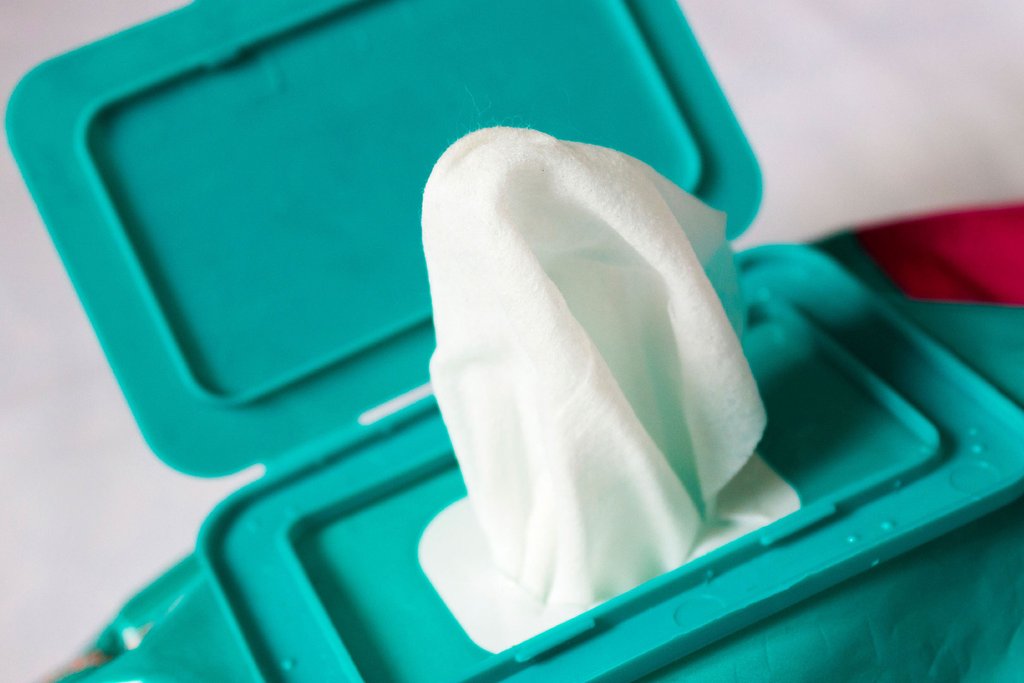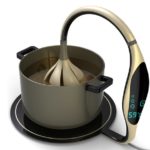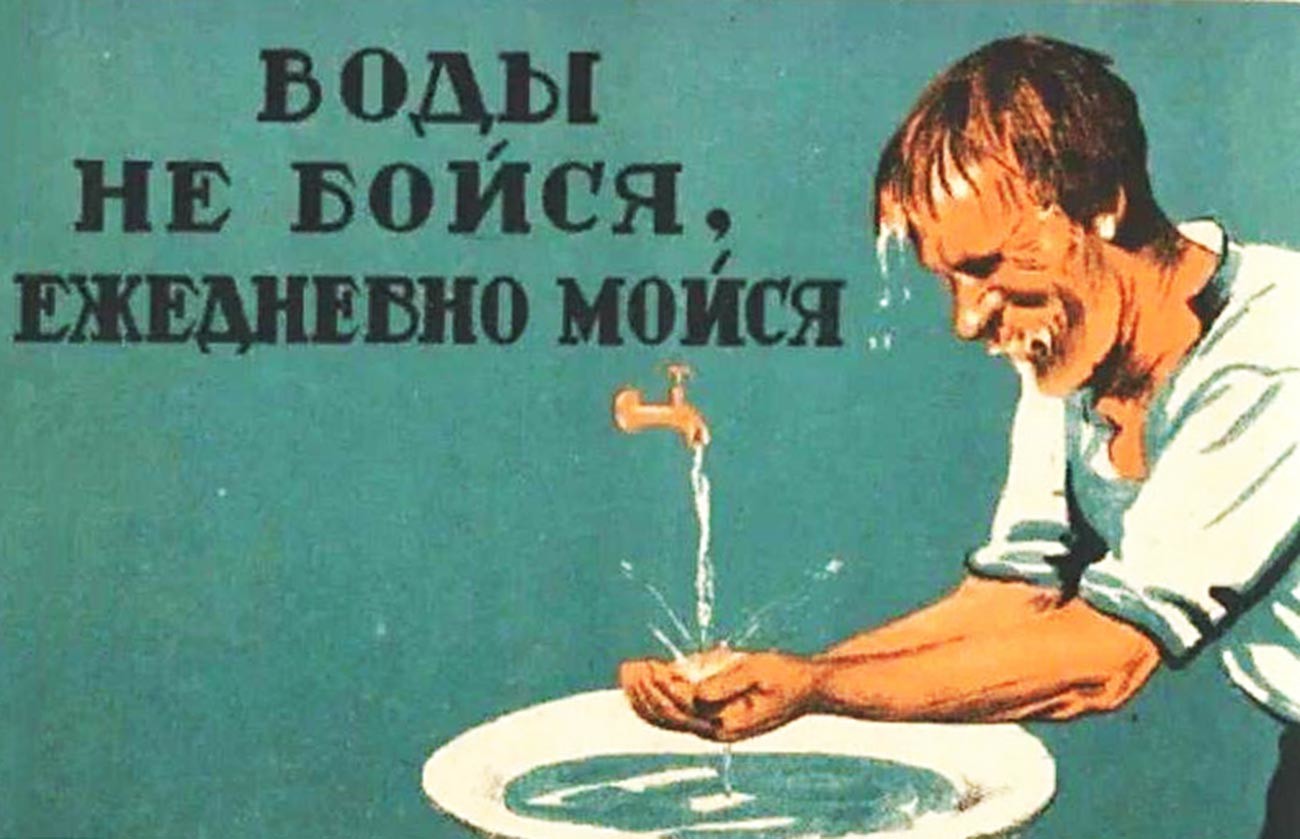Caution - wet wipes: what is their danger and what can be replaced
Wet wipes have long become something familiar and everyday for almost every person. Undoubtedly, they are a lifesaver in many situations: wiping palms, tidying up a child during a walk or at a party, refreshing the body, removing fresh dirt from clothes or even upholstered furniture. Some even use them in everyday life. However, for this purpose a separate type of napkins was created - household ones.

However, few people know that napkins are not always beneficial. Yes, they can easily cope with all the above tasks, but at the same time they are quite capable of harming our health. We tell you what their danger is and what to replace them with.
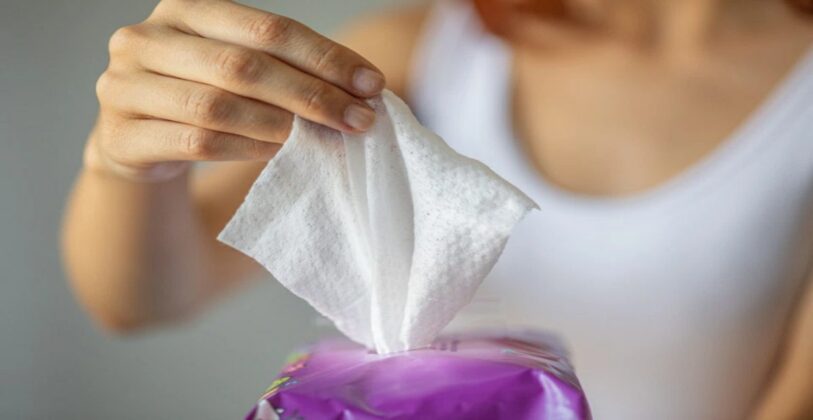
The content of the article
Hazardous substances in the composition
Undoubtedly, the harm of wet wipes does not apply to all products. Some manufacturers really care not only about people, but also about the environment, which is why their products meet all quality standards and safety requirements. But this can only be said about a separate category. Still, there are some on the market that raise doubts about whether they are worth buying at all.
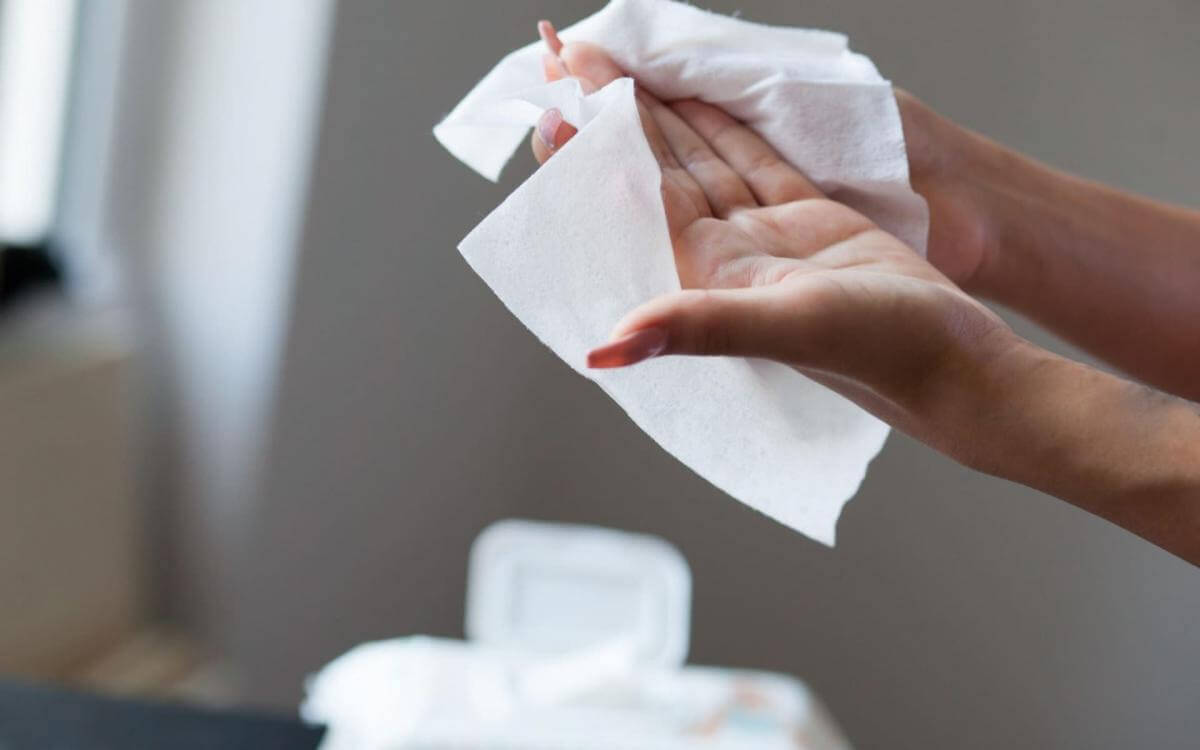
Cheap wet wipes sometimes contain the most harmful substances imaginable. Among them:
- Surfactants. They are often included in products for household needs. As a rule, they will not cause great harm to a person if he uses them for their intended purpose. But using them for hygienic or cosmetic purposes is highly not recommended.
- Alcohol. Typically, alcohol is present in almost every wet wipe, but when it comes to baby products and intimate care products, it should not be included. In addition, frequent use of such products, which contain alcohol, leads to dry skin, irritation and itching.
- Phthalates. Can negatively affect the digestive and reproductive systems. And back in 2016, specialists from the American Society for Reproductive Medicine even stated that phthalates can affect the development of a newborn in the first days after birth and its weight.
- Parabens. Essentially, these are esters of para-hydroxybenzoic acid that help increase shelf life. Their danger has not yet been proven, but it is known that they are quite difficult to remove from the body and tend to accumulate.
- SLS (sodium lauryl sulfate). This is a chemical that destroys the human immune system, enters the blood through the skin and accumulates in the organs.
Perhaps this is not a complete list of those substances that are included in the composition, but at the same time also cause harm to human health. However, these are the most dangerous components, especially when it comes to baby wipes or cosmetics that we wipe the skin with.
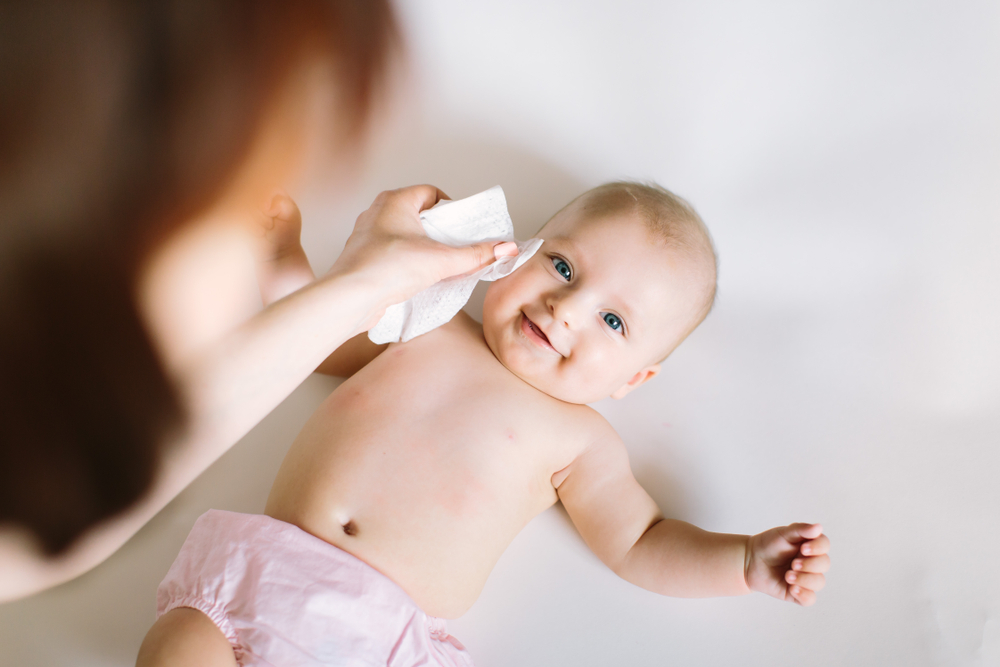
How much does it decompose?
Since, due to some features of its composition, a wet wipe does not rot or decompose, it cannot be recycled. And even if after 100 years it disintegrates into microscopic particles, it does not mean at all that it has dissolved and not a trace remains of it.
Remember that any used napkin (even thrown in the trash) ends up in water bodies, where it becomes a means of feeding fish and animals, and then food for humans.All of the above substances will end up in your body, causing unpleasant effects on your health.
Just imagine... Just yesterday you threw a wet napkin into the trash, and in 100 years it will either lie quietly in the ground, or your great-great-great-grandchildren will use its remains...

What to replace
Whatever one may say, it will be very difficult for many to refuse to use wet wipes, since we are already too accustomed to them. And one cannot dispute the fact that they really help out in many difficult situations.
But we are not talking about completely abandoning the product. It is important to use it consciously. For example, if it is possible to remove makeup with water and soap, then it is better to do just that, rather than take out a makeup remover napkin. If the dust can be wiped off with a microfiber cloth, then there is no need to take out a napkin either. And you can kill pathogenic microbes on your hands and protect yourself in public places with the help of special antiseptics, especially since today they can be bought at any pharmacy. That's the whole point of conscious consumption.
